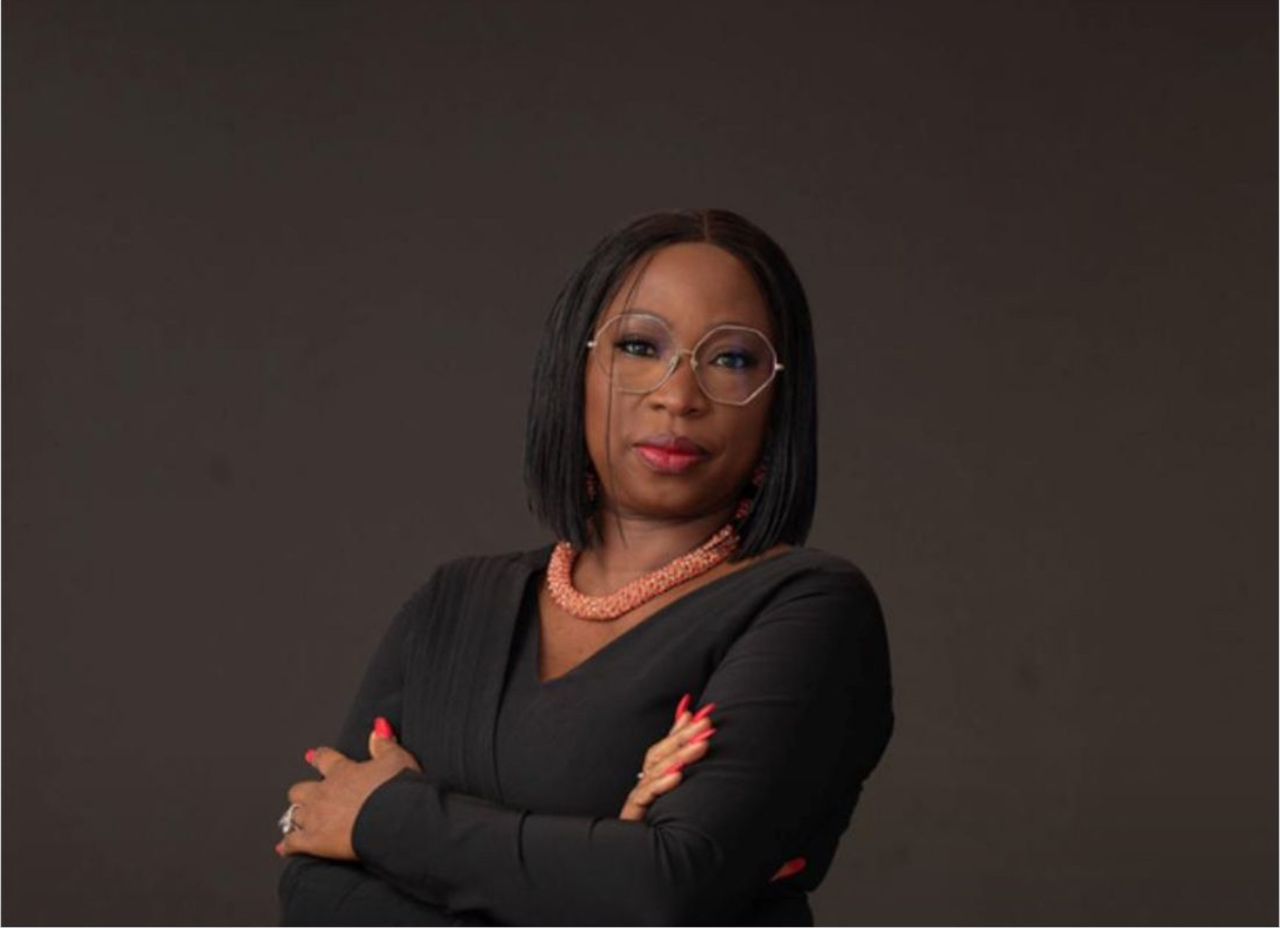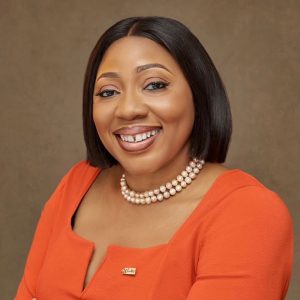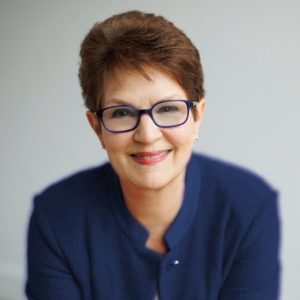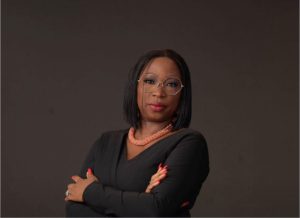“At 42, with four children to support, I made the leap. It was intimidating, but I saw it as a learning opportunity.”- Her Ascent Journey
Folasade Femi-Lawal is a Senior Executive and Harvard Business Executive Education-trained Digital Payment expert with more than 25 years of experience in Retail Banking, Business Advisory Services, and Telecoms.
She is currently the Country Manager and Area Head of Business, West Africa, at Mastercard where she is also representing as the Chairman of the Board.
She previously led the Cards and Messaging Business at First Bank in Nigeria, where she contributed to the bank’s Mobile Financial Services and Digital Banking Strategy.
Before joining First Bank, she was the Head of the Loan Monitoring Unit at United Bank of Africa. In addition to her experience in banking, she managed the Regional Balanced Scorecard for eight regions while employed by Airtel in the telecommunications sector.
With years of experience navigating the C-suite and advocating for women in leadership, Folasade shares her insights on building strong relationships, transitioning careers, and thriving as a leader.
What have been your top lessons entering the C-suites? What advice would you give to women starting this journey?
One of my biggest lessons has been understanding the importance of building relationship collateral. It’s not just about professionalism or accolades—your network truly is your net worth. Relationships are the currency that enables you to access opportunities and excel. Authenticity matters, and I’ve learned that being real and building genuine connections pays off in the long run.
I’d also advise women to sweat less over the small stuff and focus on the bigger picture. Be strategic, invest in relationships, and always think about how you can bring value to others.
Can you share a story of how your philosophy of relationship-building helped during a challenging time?
Absolutely! I remember being asked to host the global CEO of Wonder Women in Finance, Amanda Pulinga, with less than three weeks to prepare. Initially, I wanted to decline because it felt impossible, but I turned to my network for support.
Glory and a few others stepped up, and together we pulled off an event that was packed to capacity.
That moment reinforced how vital relationships are—they’re the foundation for success during challenging times.
You transitioned from banking to fintech—a major shift. What prompted this change, and how did you handle it?
The decision to transition from banking to fintech wasn’t easy. I had a successful career in retail banking, but I realized the world was shifting toward digital finance.
At 42, with four children to support, I made the leap. It was intimidating, but I saw it as a learning opportunity.
The transition was smoother because of the support from my network and my willingness to adapt.
Now, nine months into my role at Mastercard, I can confidently say it’s been one of the best decisions of my career.
How does your passion for financial inclusion shape your work at Mastercard?
At Mastercard, my mission has been to drive financial inclusion and accelerate digital payment adoption. We collaborate with financial partners, fintechs, and regulators to create solutions tailored to market needs.
Our goal is to empower economies and foster an inclusive digital ecosystem where everyone benefits. This work aligns with Mastercard’s vision of a sustainable digital economy.
What advice would you give to women aspiring to leadership roles?
Be yourself. Build genuine connections and focus on adding value wherever you are.
Support others and aim to lift others as you climb. Avoid comparison—it’s the killer of joy. Stay curious, keep learning, and never stop pushing for growth.
Authenticity and continuous self-development are your greatest tools for leadership success.
How has investing in relationships impacted your career success?
Relationships are my biggest asset. Building deep, meaningful connections has opened doors I never imagined. For example, when I had to organize a high-profile event in record time, my network came through, making it a success. It’s not just about knowing people—it’s about creating bonds of trust and mutual respect that stand the test of time.
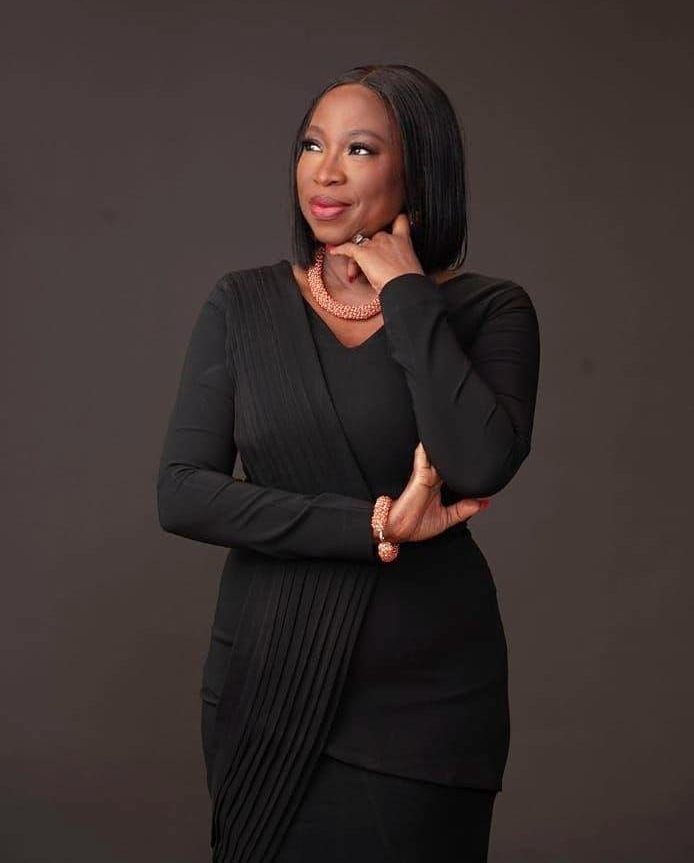
What does relationship-building look like in the C-suite, and how have you developed emotional intelligence?
Relationship-building at the executive level is about genuine respect and understanding. It’s not just about business—it’s about knowing people’s goals and challenges and aligning them with your own. Small, consistent efforts, like check-ins and thoughtful conversations, make a huge impact.
Emotional intelligence has been a cornerstone of my leadership style. I focus on self-awareness, empathy, and active listening. Understanding my triggers and regulating emotions has helped me respond thoughtfully and build trust with my team.
Looking back, what’s one thing you wish you had known earlier in your career?
I wish I had known the value of taking risks. Playing it safe might seem secure, but growth often comes from stepping outside your comfort zone. The discomfort of risk is where breakthroughs happen. Looking back, the times I embraced uncertainty were the moments that propelled me forward.
Conclusion
Inspired by Folasade’s journey? Subscribe to our Ascent newsletter for exclusive insights, strategies, and growth tips tailored for women aspiring to C-suite and boardroom success.
Don’t miss out on the tools to elevate your leadership journey, sign up by clicking on the link below.

